Please feel invited to this week’s Centre for Comparative Politics and Media Research (CCPMR) speaker’s series, where we welcome our Leverhulme Visiting Professor Claudia Mellado on campus.
This is a hybrid event with a Teams link here for those who can’t make it in person
Date: Wednesday the 22 November
Place: F104
Time: 1500-16.30, followed by drinks reception
Speaker:
Claudia Mellado is Professor of Journalism at the Pontificia Universidad Católica de Valparaíso, Chile and Leverhulme Visiting Professor at Bournemouth University. She is the Principal Investigator of the Journalistic Role Performance cross-national project (www.journalisticperformance.org). Her research focuses on journalistic cultures, professional roles, social media performance, and comparative research. Her last two edited books are Journalistic Role Performance: Concept, Contexts, and Methods (Routledge, 2017), and Beyond Journalistic Norms. Role Performance and News in Comparative Perspective (Routledge, 2020).
The dynamics of audience engagement with journalistic roles
Over the past decade, the literature on journalistic roles and journalistic cultures has documented inevitable discrepancies between the professional ideals of journalists and the practice of the profession. At the same time, high levels of audience dissatisfaction with how journalism and the media do their work have been observed along with a decrease in audiences’ level of consumption of traditional platforms. Moreover, the data has shown that the business models of traditional media platforms are being challenged due to their inability to understand audiences’ needs and behaviors, which threatens their survival and profitability. Despite all of this, attempts to actively incorporate audiences into journalism studies have been limited and even non-existent in some parts of the world.
Based on survey conducted with 330 journalists and 4,615 news audience members in Chile, in this talk I will address the audiences as a relevant subject of study in the understanding of journalism as a social institution, analyzing the relationship and gaps that exist between the two groups in terms of their expectations of journalism and the degree to which their expectations align with their evaluations of journalistic work, looking at the sociodemographic and attitudinal factors that better explain the various in(congruencies) in the journalism-audience relationship, and the impact of these incongruencies on media trust.
Comparing audience perceptions of journalism to those of journalists is a crucial element for understanding the norms, rules and values that give life to and maintain the profession as a legitimate and viable social institution. Studying both journalism and audiences will thus reveal the paths journalists and the media can choose to recover their credibility and increase public interest in various formats and types of news media, representing an opportunity to rethink the ethos of the profession.
We hope to see you there

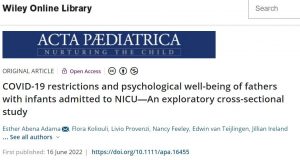
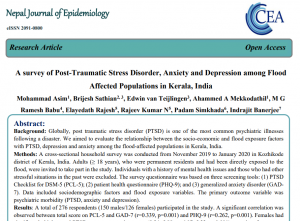



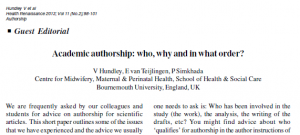
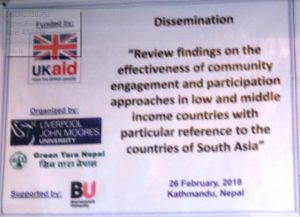
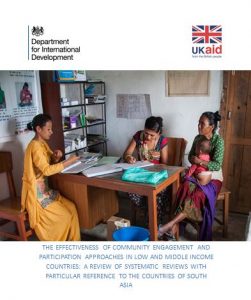

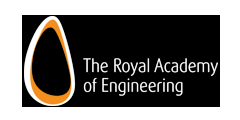











 Beyond Academia: Exploring Career Options for Early Career Researchers – Online Workshop
Beyond Academia: Exploring Career Options for Early Career Researchers – Online Workshop UKCGE Recognised Research Supervision Programme: Deadline Approaching
UKCGE Recognised Research Supervision Programme: Deadline Approaching SPROUT: From Sustainable Research to Sustainable Research Lives
SPROUT: From Sustainable Research to Sustainable Research Lives BRIAN upgrade and new look
BRIAN upgrade and new look Seeing the fruits of your labour in Bangladesh
Seeing the fruits of your labour in Bangladesh ECR Funding Open Call: Research Culture & Community Grant – Apply now
ECR Funding Open Call: Research Culture & Community Grant – Apply now ECR Funding Open Call: Research Culture & Community Grant – Application Deadline Friday 12 December
ECR Funding Open Call: Research Culture & Community Grant – Application Deadline Friday 12 December MSCA Postdoctoral Fellowships 2025 Call
MSCA Postdoctoral Fellowships 2025 Call ERC Advanced Grant 2025 Webinar
ERC Advanced Grant 2025 Webinar Update on UKRO services
Update on UKRO services European research project exploring use of ‘virtual twins’ to better manage metabolic associated fatty liver disease
European research project exploring use of ‘virtual twins’ to better manage metabolic associated fatty liver disease